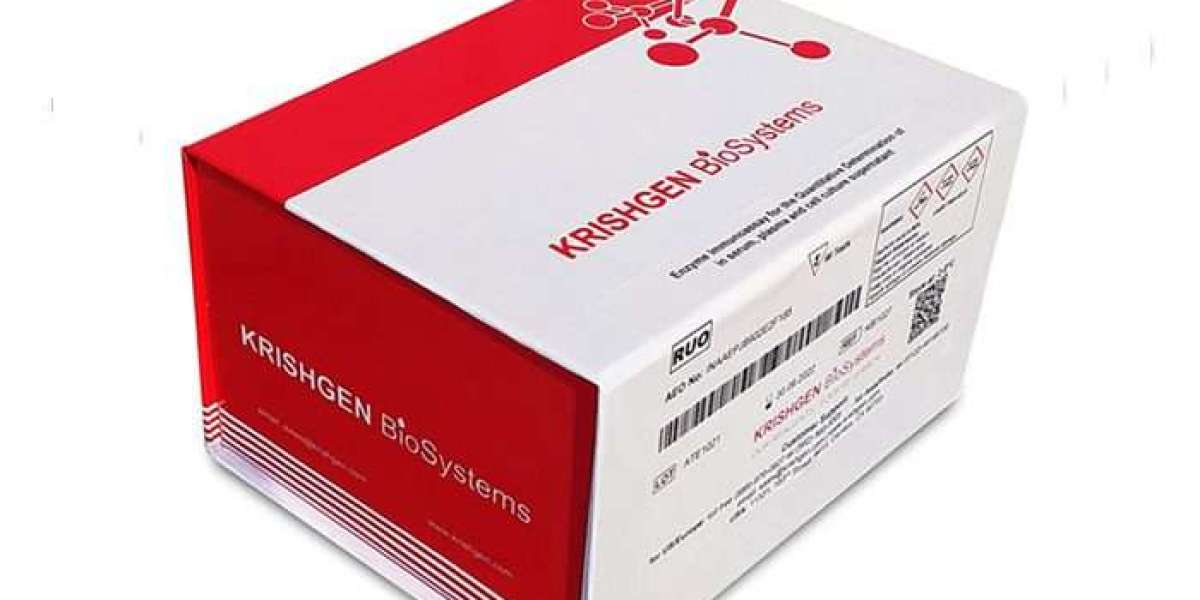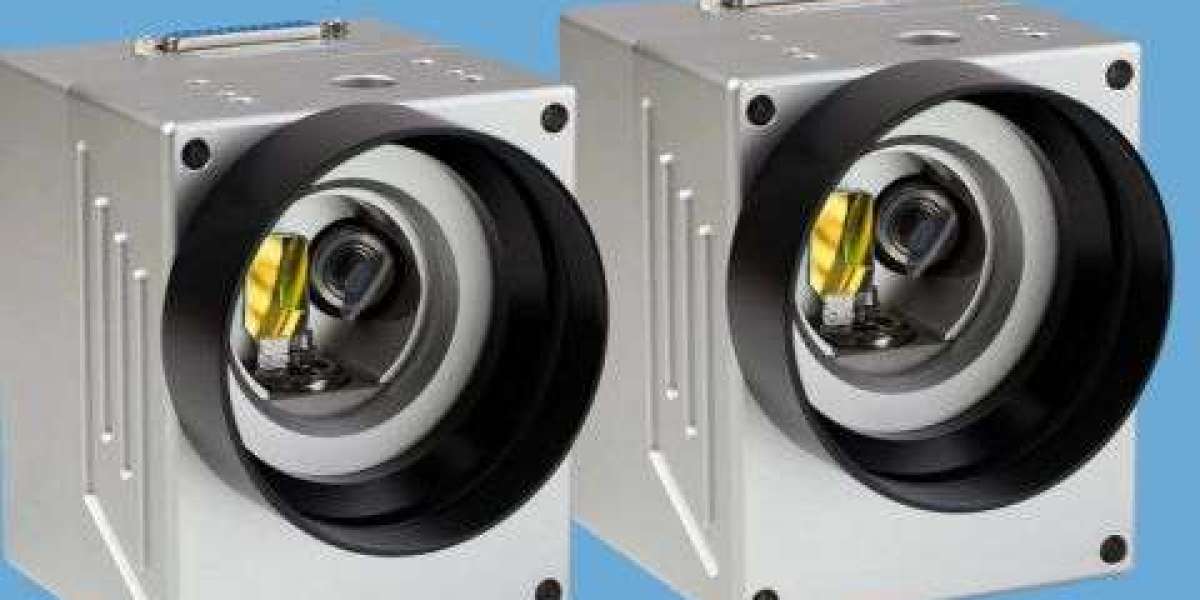The Enzyme-Linked Immunosorbent Assay (ELISA) has long been a cornerstone in the field of immunology for detecting and quantifying substances such as peptides, proteins, antibodies, and hormones. Specifically, the cytokine ELISA has become a pivotal tool in revolutionizing inflammation studies, offering researchers unparalleled precision in measuring cytokine levels in various biological samples. This article delves into how cytokine ELISA is changing the landscape of inflammation research and its implications for future therapeutic interventions.
1. Enhanced Sensitivity and Specificity
Cytokine ELISA's foremost advantage lies in its high sensitivity and specificity. Traditional methods of cytokine detection often faced challenges in quantifying low-abundance cytokines amidst the complex background of biological samples. However, cytokine ELISA, with its use of antibodies specific to target cytokines, allows for the accurate and reliable detection of even minute quantities of cytokines. This precision is crucial in inflammation studies, where slight changes in cytokine levels can significantly impact the understanding of inflammatory processes and disease progression.
2. Facilitating Disease Biomarker Identification
The ability of cytokine ELISA to quantitatively measure a wide range of cytokines has made it an invaluable tool in identifying biomarkers for various inflammatory and autoimmune diseases. By comparing cytokine profiles in healthy versus diseased states, researchers can identify specific cytokines that serve as biomarkers for disease diagnosis, progression, and response to treatment. This has implications for personalized medicine, allowing for more tailored treatment strategies based on an individual's cytokine profile.
3. Advancing Drug Development and Testing
Cytokine ELISA plays a critical role in the development and testing of new anti-inflammatory drugs and biologics. By measuring cytokine levels before and after drug administration, researchers can assess the efficacy and mechanism of action of therapeutic candidates. This not only accelerates the drug development process but also aids in the identification of potential side effects related to cytokine modulation. Consequently, cytokine ELISA has become a staple in preclinical and clinical trials for evaluating new therapies targeting inflammation.
4. Supporting Studies on Inflammation Resolution
Beyond the initiation and progression of inflammation, cytokine ELISA is shedding light on the resolution phase of inflammatory responses. Understanding how inflammation resolves is crucial for developing therapies that can effectively terminate excessive inflammatory reactions without compromising the body's defense mechanisms. By quantifying anti-inflammatory and pro-resolving cytokines, cytokine ELISA contributes to a deeper understanding of the molecular events that drive the resolution of inflammation.
5. Broadening the Scope of Inflammation Research
Lastly, cytokine ELISA has broadened the scope of inflammation research by facilitating studies across a diverse range of conditions and biological contexts. From infectious diseases and cancer to chronic inflammation and autoimmune disorders, cytokine ELISA has enabled a more nuanced exploration of the role of cytokines in health and disease. This versatility underscores the adaptability of cytokine ELISA to various research needs, making it a fundamental tool in the ongoing quest to unravel the complexities of inflammation.
Conclusion
Cytokine ELISA has revolutionized inflammation studies by offering a combination of precision, versatility, and depth of analysis that was previously unattainable. Its impact extends from basic research to clinical applications, driving advancements in disease diagnostics, therapeutic development, and our overall understanding of inflammatory processes. As technology continues to evolve, the potential of cytokine ELISA in furthering inflammation research and treatment appears boundless, cementing its status as an indispensable tool in the fight against inflammatory diseases.








